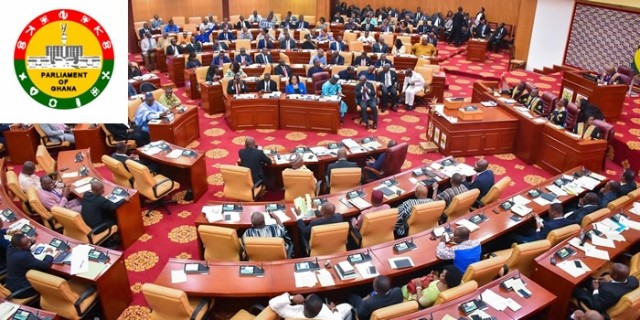Despite the passage of the Affirmative Action Bill into law in 2024, female representation in Ghana’s Parliament remains stagnant, sparking concern and disappointment among some female Members of Parliament (MPs).
Currently, only 14 per cent of seats in Parliament are occupied by women, a statistic that highlights the limited progress made in ensuring gender parity in national politics. The figure falls short of expectations, especially following legislative efforts intended to bridge the gap.
In a recent engagement, several female MPs voiced their frustration and called for more targeted support from civil society organizations and government agencies to bolster the presence and performance of women in politics.
They emphasized the importance of investing in developmental projects within the constituencies of new and aspiring female politicians as a means to build trust with the electorate.
“We need more than just the passage of a bill,” said Abla Dzifa Gomashie, Minister of Tourism and Member of Parliament for Ketu South. “Practical actions are needed to support the systems, resources, mentorship, and tangible opportunities for women to demonstrate leadership, not just conferences and panel discussions.”
Rita Odoley Sowah, MP for La Dadekotopon and Deputy Minister of Local Government, echoed similar sentiments. She underscored the need for consistent capacity-building efforts to empower women who are interested in venturing into politics.
“Women face numerous barriers; cultural, financial, and structural that limit their participation. We cannot stop at passing laws; we must implement programmes that prepare and support women on their political journeys,” she said.
Joining the call for increased female political participation, the Chairperson of the National Commission for Civic Education (NCCE), Kathleen Addy, urged more women to step forward and engage in active politics. She emphasized the need for platforms that amplify women’s voices and encourage their participation at all levels of governance.
“Women’s perspectives are essential in national development. We must create a political environment where women feel heard, supported, and encouraged to lead,” she said.
The Affirmative Action Bill, passed in 2024 after years of advocacy by gender rights groups, was aimed at increasing women’s representation in governance and ensuring gender equality in all spheres of public life. However, a year after its passage, stakeholders say the law must be complemented with intentional implementation strategies and measurable outcomes.
Female MPs and gender advocates are now calling on all sectors, government, civil society, political parties, and the private sector to move beyond symbolic gestures and commit to structural changes that create real opportunities for women in leadership.
Nana Yaa Brefo talks journalism and advocates for women in politics












